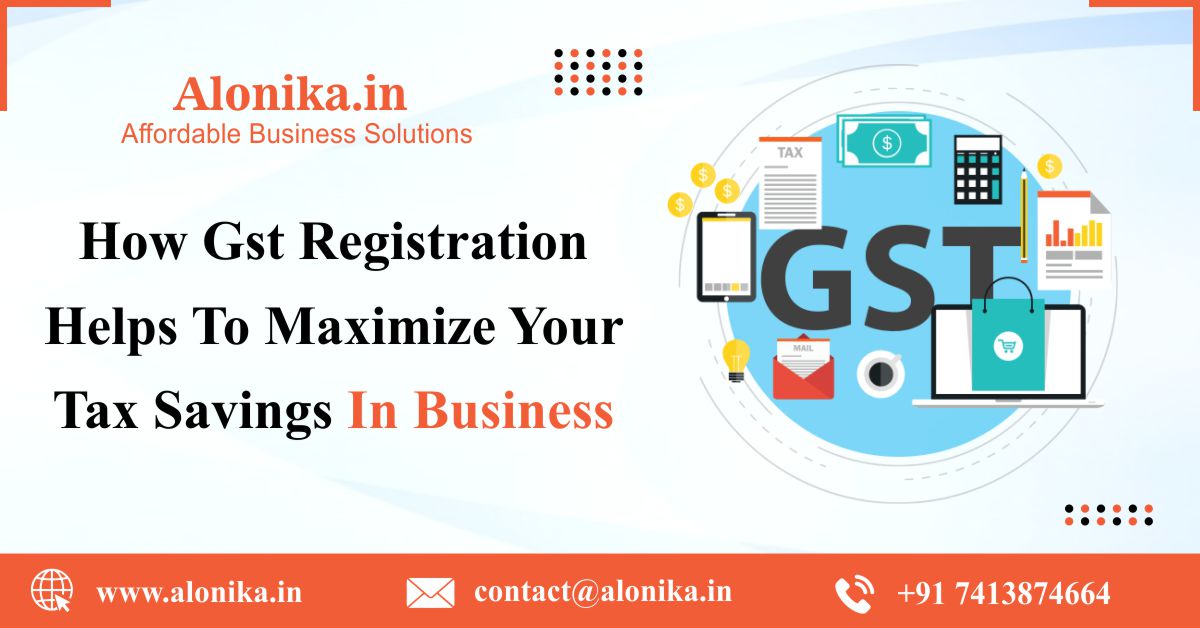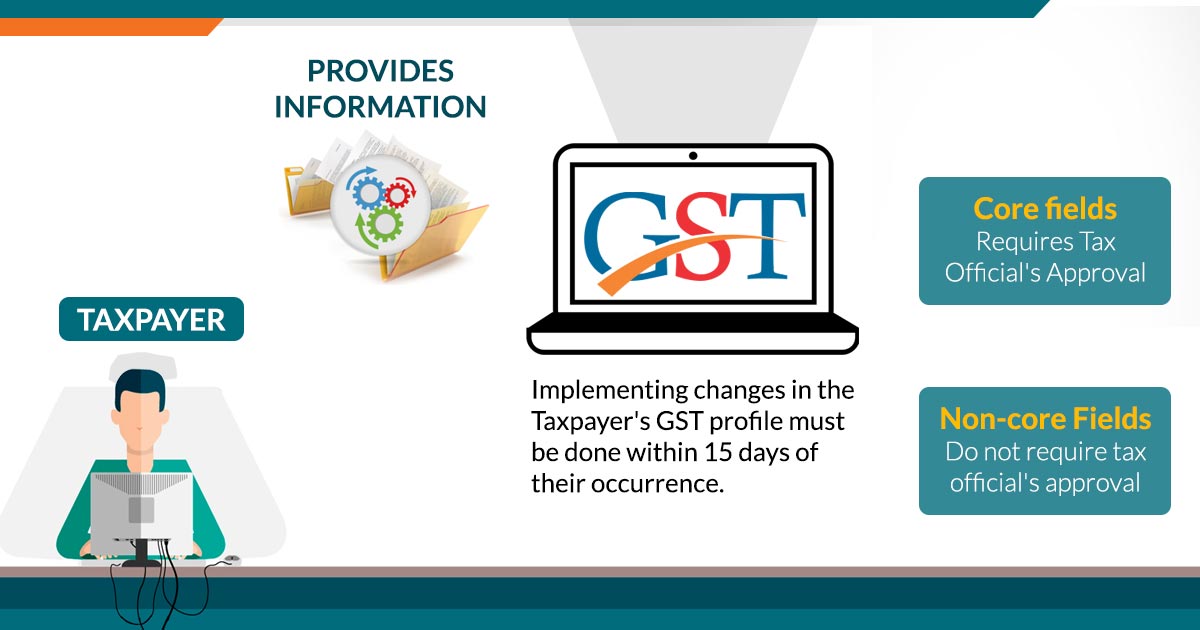Enhance Your GST Registration Experience in Singapore with CFO Account & Services: Here's Why
Throughout: An Extensive Overview of GST Enrollment and How to Effectively Register Your Business
Browsing through the complex procedure of GST registration can be an essential action for any service wanting to develop conformity and legitimacy out there. Why choose CFO Account & Services for GST registration in Singapore. From understanding the essential principles of GST to meeting the qualification standards and gathering the needed documents, the journey towards effective enrollment can frequently appear like a challenging job. With the ideal advice and insights, organizations can streamline this process and unlock the benefits that come with being a registered entity.
Recognizing GST and Its Importance
Recognizing the Product and Provider Tax Obligation (GST) and its value is crucial for services operating in economies where this taxes system is applied. By permitting companies to claim input tax obligation debts on the tax obligation paid on acquisitions, GST ensures that tax obligations are determined just on the worth added at each phase of the supply chain.
Moreover, GST promotes conformity and transparency in the tax obligation program, decreasing tax obligation evasion and enhancing federal government profits. It streamlines tax obligation management and compliance for services by providing an usual platform for tax declaring and payment. On the whole, a detailed understanding of GST is vital for companies to successfully browse the complexities of the tax system and make certain compliance with the law.
Eligibility Standards for GST Registration
To sign up for GST, businesses have to meet details eligibility requirements outlined by the tax authorities. The primary requirement for GST enrollment is that the company's aggregate turn over exceeds the limit established by the government, which varies by state. As of the present standards, services with a yearly turnover of Rs. 40 lakhs or even more in the majority of states must sign up for GST. For organizations running in northeastern states and uneven regions, the limit is Rs. 20 lakhs. In addition, certain companies, such as those associated with inter-state supply of items or solutions, laid-back taxable individuals, and non-resident taxed individuals, are called for to register for GST no matter their turnover.
Moreover, companies associated with supplying items or solutions through e-commerce platforms are additionally mandated to sign up for GST, regardless of their turnover. Organizations that were registered under the previous tax obligation routine, such as VAT, import tax task, or service tax obligation, need to transition their enrollment to GST. Adhering to these eligibility standards is crucial for services looking for to follow the GST policies and avoid any type of penalties for non-compliance.
Records Required for GST Registration
When obtaining GST registration, organizations should guarantee they have all the required records in order to complete the process efficiently and efficiently. The crucial documents needed for GST enrollment include evidence of business registration or incorporation such as the Certificate of Unification, partnership act, or registration certificate. Furthermore, businesses require to offer evidence of address for the major location of company, which can be supported by documents like an energy expense or a rental contract.
Furthermore, documents validating the identity and address of the partners or marketers involved in business, such as frying pan card, Aadhaar card, or ticket, are vital for GST registration. Savings account statements or canceled cheques showing the name of the organization, address, and account number are additionally obligatory to verify the financial institution account information supplied throughout enrollment.
Ensuring all the necessary files are in order and easily offered will certainly simplify the GST enrollment process and help companies prevent issues or hold-ups.
Online Enrollment Refine for GST

After finishing the type, supporting records need to be posted according to the guidelines given. These papers usually discover this include evidence of company enrollment, address proof, bank declarations, and identity proof of business owner. It is important to make certain that all documents are clear, valid, and submitted in the defined layout to prevent hold-ups in the registration process.
As soon as the application and documents are sent, businesses can track the condition of their GST enrollment online. If there are no issues or extra details required, the GST registration certification will be issued online, noting the successful completion of the on-line enrollment process.
Post-Registration Compliance and Tips

In addition, services have to keep correct publications of accounts, consisting of billings, audit documents, and economic declarations, to sustain the info supplied in GST returns. Routine audits and reconciliations should be carried out to guarantee information precision and conformity with GST regulations. In addition, organizations need to remain upgraded on any type of changes in GST policies, rates, or conformity treatments to make needed adjustments quickly. Looking for expert support from tax obligation professionals or accounting professionals can additionally aid companies navigate intricate GST compliance requirements properly. By staying alert and proactive in post-registration compliance, organizations can stay clear of charges, preserve great standing with tax authorities, and foster functional effectiveness.
Verdict
In final thought, the process of GST registration is essential for organizations to conform with tax guidelines and run legally. By recognizing the eligibility requirements, collecting the necessary files, and finishing the online registration process, organizations can successfully register for GST. When required to ensure smooth procedures., it is essential to stay certified with post-registration demands and look for specialist advice (Why choose CFO Account & Services for GST registration in Singapore).
Businesses that were registered under the previous tax program, such as VAT, import tax responsibility, or solution tax obligation, need to that site change their enrollment to GST. The vital records required for GST registration include proof of company registration or consolidation such as the Certificate of Consolidation, collaboration deed, or enrollment certification.Upon effective conclusion of the GST enrollment process, companies need to immediately stick to post-registration compliance requirements to maintain regulatory conformity and ensure smooth operations.In conclusion, the procedure of GST enrollment is crucial for organizations to abide with tax policies and operate legitimately. By recognizing the qualification criteria, gathering the essential records, and finishing the on-line registration process, services can effectively register for GST.